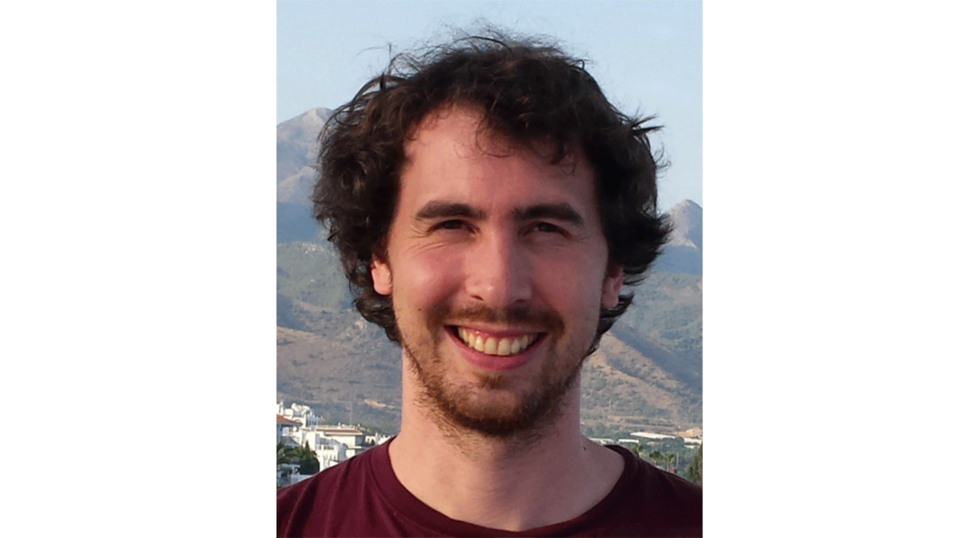When: 1st June 2018, 2pm-3pm
Where: lecture hall 2 (HS2), Währingerstr. 29, 1090 Vienna
Abstract:
Advances in parallel computing systems for simulations, high-accuracy measurement techniques, and high-resolution sensor and monitoring technology enable the generation of large and complex data at an unprecedented rate. In the data science family of methods, visualization plays a crucial role in turning vast amounts of data into new knowledge via expressive visual representations and providing means for efficient data exploration. In this talk, I will outline the visualization challenges in scaling with large data, and present my recent and ongoing research in spatiotemporal volume visualization addressing these challenges. Both research question-driven approaches as well as generic data-driven methods will be discussed, focusing on both visual representations as well as performance-related aspects. Then, I will outline my research vision to use machine learning techniques in visualization to automatically identify and present interesting events, processes and relationships in large and complex data. I will further describe how other core aspects of visualization can be addressed with such an approach as well, and finally discuss the challenges that need to be overcome in this direction of research.
Bio:
Steffen Frey is a Postdoc in Thomas Ertl's lab at the Visualization Research Center of the University of Stuttgart. His primary research interests are in visual analysis techniques for large and complex data in scientific visualization, with a focus on achieving high performance and developing meaningful visual representations. In particular, he has made contributions to the analysis of time-dependent data, in situ visualization, and the dynamic steering and performance prediction of visual computing systems.

